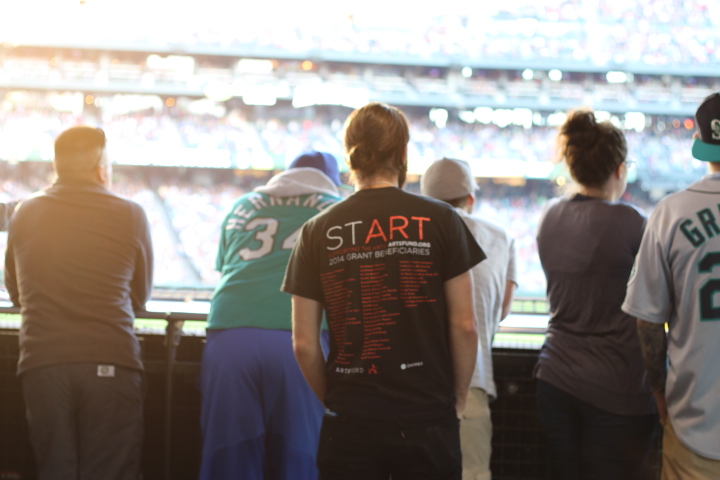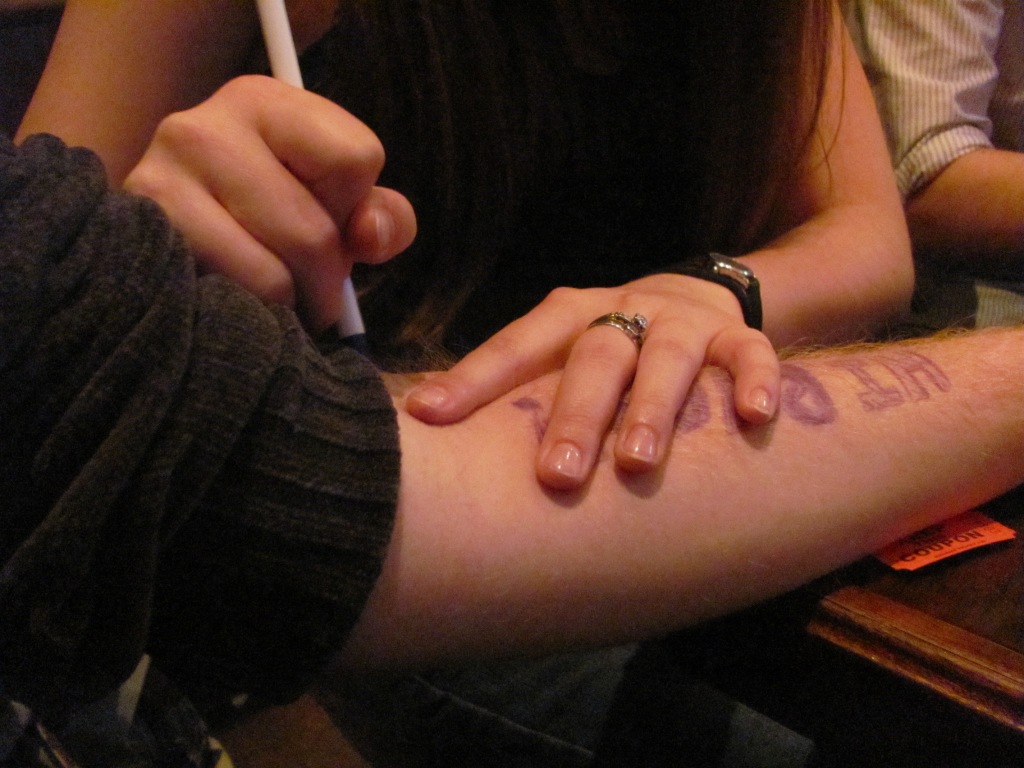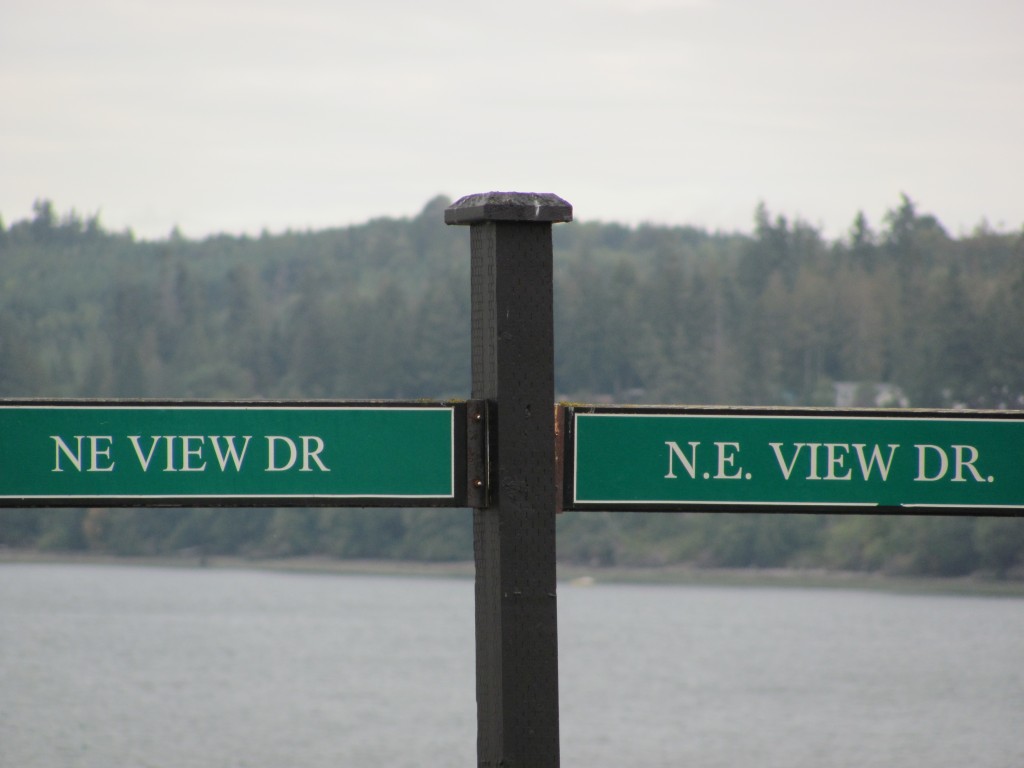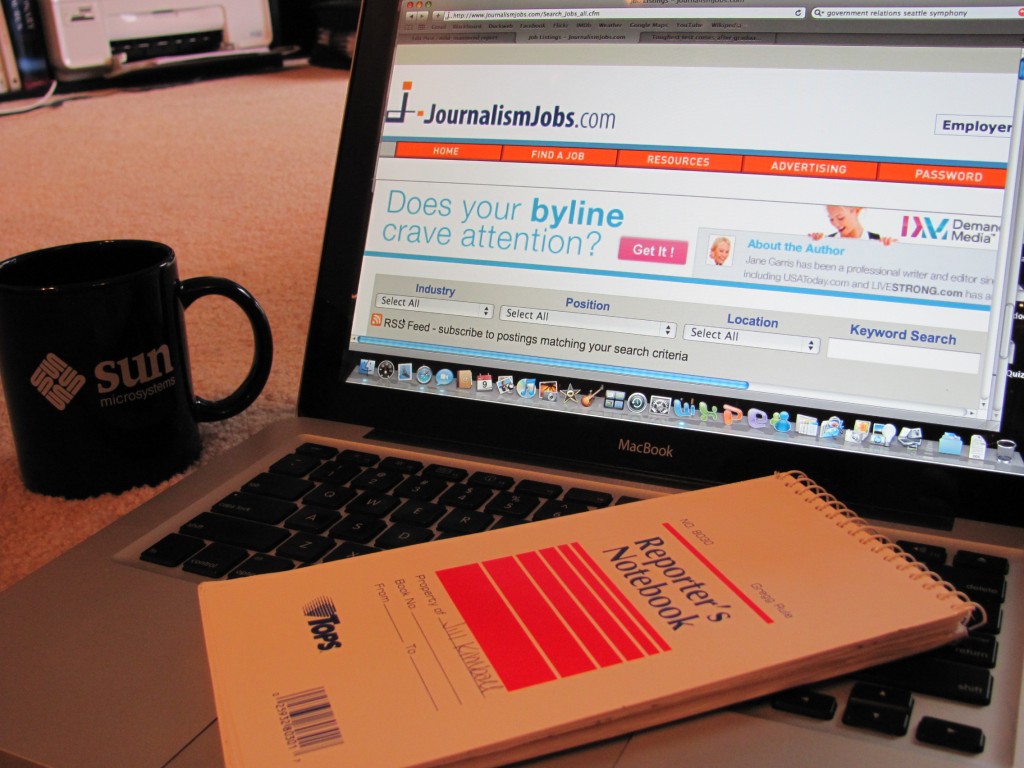Category: writing
-

Advice for writers, and everyone else
My favorite pieces of advice from writers, politicians, academics and other luminaries, ripped straight from my reporter’s notebook.
-

Recent work, 2020 edition
It’s been a while — five years, to be exact — since I took time to reflect on some of my favorite recent stories. I don’t often get a chance to look back on past work. As a full-time writer at Brown University, I’m always juggling a few stories each week. Most often, I’m immersed…
-

Recent work, 2015 edition
After a few years working in the arts, I’ve stopped thinking in terms of the calendar year. To me, the year begins in September and ends in May, rising and falling in tandem with the concert seasons I follow closely. The months in between are for projects, parties, and pontificating. Even though my life is about to…
-

Confession: I Document Everything
Six months into my college career, I came home for spring break and announced to a few of my friends that I was switching my major from music to journalism. I expected reactions of mild surprise, at the very least. Instead, I was met with impatient “duh”s and amused “I always knew it”s. “That’s not…
-

Writer’s Block
I’ve always been quite an enthusiastic writer. From a very young age, I kept journals that I sometimes updated multiple times in a day. I wrote about everything: things I learned in school, classmates I liked and disliked, life in after-school daycare, friends’ deep dark secrets I promised never to reveal, and of course my…
-

Clarity
Someone once challenged Ernest Hemingway to write a story in six words. Here’s what he wrote: For sale: baby shoes, never used. On Valentine’s Day, The New York Times posed a similar challenge to its readers: tell your own love story in six words. (I’m not clear on whether the challenge was Hemingway-inspired.) Not all…
-

What’s a goat-choker? Weird news terms 101
Today I was CQing (fact-checking) a story I wrote…and I suddenly wondered what the heck CQ stood for. It took some pretty ruthless Googling to find the history of this term, universally known in newsrooms as the short way to say “I’ve confirmed this name/date/fact is correct.” Turns out it’s the acronym for the Latin…
-
Birthday headlines
Today, the day I turn 23, is the ultimate in in-betweens: it will be exactly two years before I’m legally able to rent a car, and it’s exactly two years after the day I had my first legal drink (in the U.S., at least). I have no wild plans for this particular birthday, since work…
-
Election night
Yesterday, The Seattle Times was humming with even more purpose and productivity than usual. Reporters argued over fractions of percentages. Editors posted dozens of news updates every hour until midnight. Fifteen boxes of pizza vanished in an hour. That’s right, it was election day–only the most simultaneously stressful and exciting day of the year for the…
-
The “dream job” revisited
I wasn’t one of those kids who from an absurdly early age knew exactly what I wanted to do. I was convinced at 10 that I wanted to be a veterinarian because I loved my cat Marmalade. Then, after performing in a dozen or so plays in middle school, I changed my mind: I wanted…